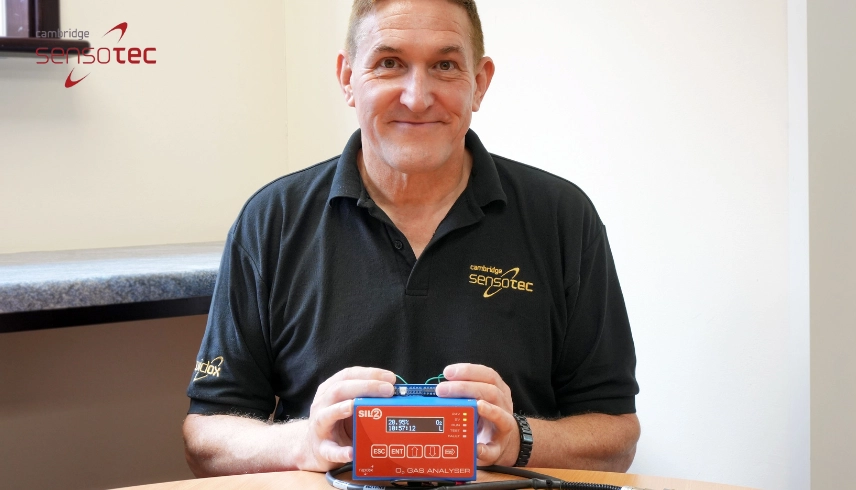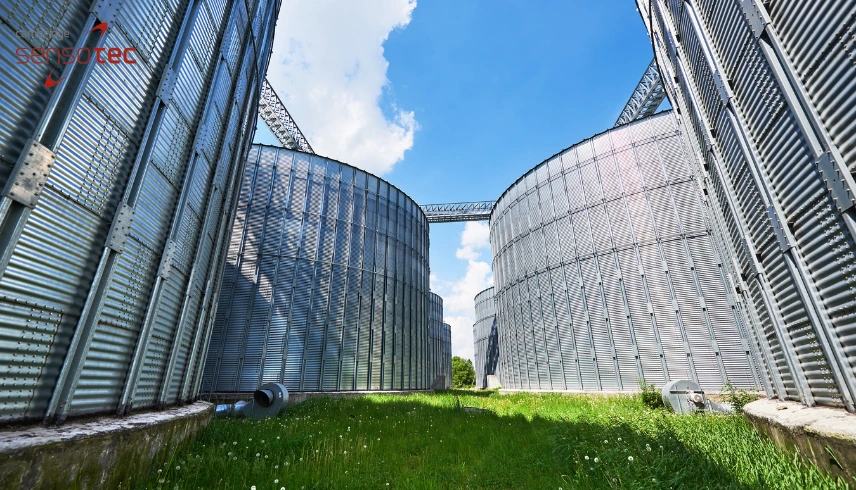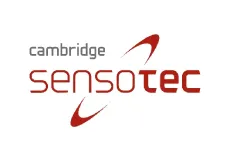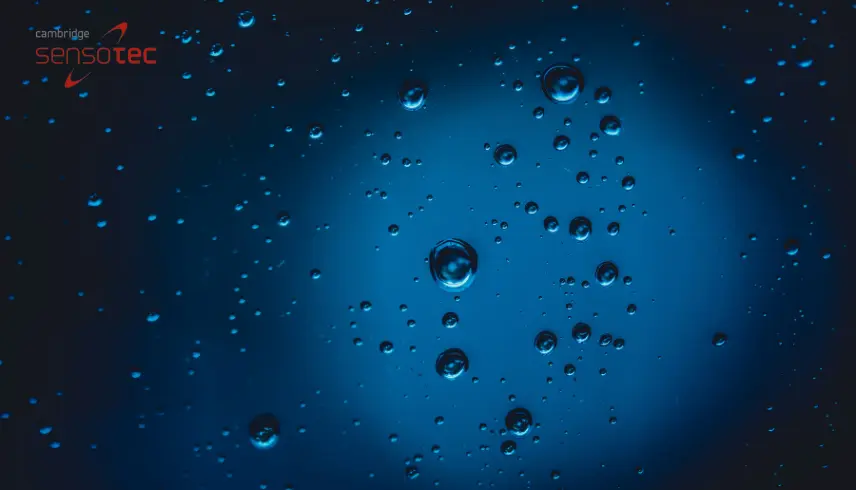

How Hydrogen Measurement Solutions Support Green Energy
Introduction
As the world transitions towards sustainable energy, hydrogen is emerging as a key player in the green energy revolution. Its potential as a clean, efficient, and renewable fuel source has made it central to global decarbonisation efforts. However, for hydrogen to be widely adopted across industries, precise and reliable measurement is essential. Advanced hydrogen measurement solutions are critical to ensuring efficiency, safety, and compliance in hydrogen production, storage, and usage.
The Role of Hydrogen in the Green Energy Transition
Hydrogen offers a promising alternative to fossil fuels due to its ability to produce energy without emitting carbon dioxide. Green hydrogen, produced through electrolysis using renewable energy sources such as wind and solar, is gaining traction worldwide. Key applications of hydrogen include:
- Transportation – Fuel cell vehicles use hydrogen to generate electricity, offering a zero-emission alternative to conventional combustion engines.
- Industrial Use – Hydrogen fuels steel production, chemical manufacturing, and other industrial processes, reducing reliance on fossil fuels.
- Energy Storage – Excess renewable energy converts into hydrogen, which can be stored and used when needed, improving grid stability.
- Power Generation – Hydrogen fuels gas turbines, reducing dependence on coal and natural gas.
- Heating Systems – Hydrogen blends with natural gas to provide a lower-carbon heating solution for homes and businesses.
- Hydrogen Fuel Cells – Fuel cells efficiently convert hydrogen into electricity, making them ideal for portable power solutions and backup energy systems.
- Hydrogen for Shipping – Maritime industries are exploring hydrogen as a fuel to decarbonise shipping and reduce emissions.
- Agriculture – Hydrogen-powered equipment and fertiliser production are emerging applications in modern farming.
Despite its benefits, widespread adoption of hydrogen depends on accurate measurement techniques to optimise production, maintain safety standards, and minimise environmental impact.
The Importance of Accurate Hydrogen Measurement
Reliable hydrogen measurement ensures:
- Process Efficiency – Correct hydrogen concentration improves performance and reduces energy waste in fuel cells and industrial reactions.
- Safety Compliance – Hydrogen is highly flammable. Precise measurement mitigates risks in storage, transportation, and utilisation.
- Regulatory Requirements – Strict government and regulatory standards on hydrogen purity and emissions require accurate measurement for compliance.
- Cost-Effectiveness – Precise measurement optimises hydrogen use, reducing operational costs and enhancing economic feasibility.
- Environmental Protection – Monitoring hydrogen minimises leakage, reducing potential environmental hazards.
- Hydrogen Economy Development – Reliable measurement builds market confidence, encouraging further investment in hydrogen technologies.
- Research and Innovation – Accurate measurement supports scientific advancements and technological improvements in hydrogen applications.
- Quality Control – Ensuring hydrogen purity is essential for applications in fuel cells and chemical processing.
Hydrogen Measurement Techniques
Several methods measure hydrogen concentration and purity. The most common include:
Gas Chromatography (GC)
Gas chromatography separates and analyses hydrogen from gas mixtures. It provides high-precision results but requires specialist equipment and trained personnel.
Thermal Conductivity Detectors (TCDs)
TCDs measure hydrogen concentration by detecting changes in thermal conductivity. Industrial applications widely use this method for real-time monitoring.
Electrochemical Sensors
Electrochemical sensors detect hydrogen by measuring the current produced in a chemical reaction. These portable, cost-effective sensors require frequent calibration.
Infrared Absorption Spectroscopy
Infrared sensors analyse how hydrogen absorbs light at specific wavelengths. This technique offers fast and accurate measurements but is affected by environmental factors.
Mass Spectrometry
Mass spectrometry detects hydrogen with precision by measuring ionised particles in a sample. Research and industrial applications use this technique when extreme accuracy is required.
Laser-Based Hydrogen Sensors
Laser sensors use advanced optical techniques to detect hydrogen at extremely low concentrations. These systems offer high sensitivity and reliability for critical applications.
Applications of Hydrogen Measurement Solutions
Hydrogen measurement supports various industries:
- Renewable Energy – Electrolysers and fuel cells depend on precise hydrogen measurement to optimise efficiency and performance.
- Manufacturing – Glass production and metal refining industries use hydrogen monitoring for process control.
- Aerospace – Hydrogen-powered propulsion systems require high-accuracy measurement to ensure safety and fuel efficiency.
- Environmental Monitoring – Detecting hydrogen leakage prevents losses and minimises environmental impact.
- Medical Industry – Hydrogen is used in respiratory treatments and other medical applications, requiring highly accurate concentration measurement.
- Automotive Sector – Hydrogen-powered vehicles rely on accurate fuel measurement to optimise performance and extend battery life.
- Maritime Industry – Hydrogen-powered vessels need precise monitoring to ensure fuel efficiency and safety at sea.
- Food Packaging – Modified atmosphere packaging (MAP) uses hydrogen to preserve food quality and extend shelf life.
Why not check out our page on Ensuring Safety with Advanced Hydrogen Gas Measurement Techniques.
Emerging Innovations in Hydrogen Measurement
With the expansion of hydrogen-based solutions, new innovations in measurement technology are shaping the future. Key advancements include:
- AI and Machine Learning Integration – Predictive analytics and real-time data processing improve hydrogen measurement accuracy and efficiency.
- Miniaturised Sensors – Compact, portable hydrogen sensors increase accessibility for various applications.
- Enhanced Calibration Techniques – Advanced calibration methods improve long-term reliability and measurement accuracy.
- Advanced Spectroscopy Methods – Next-generation spectroscopy enhances hydrogen detection precision and speed.
- Wireless and IoT Integration – Smart, connected measurement solutions enable remote monitoring and real-time adjustments.
- Quantum Hydrogen Sensors – Quantum technologies introduce ultra-precise hydrogen detection for emerging energy applications.
- Autonomous Hydrogen Monitoring Systems – Self-regulating sensors reduce human intervention and improve efficiency.
- Multi-Gas Detection – Advanced sensors now measure hydrogen alongside other gases, improving safety and efficiency.
The Future of Hydrogen in the Green Energy Revolution
Hydrogen continues to play a central role in clean energy transitions. As demand increases, improvements in measurement solutions will be necessary to maintain efficiency, safety, and regulatory compliance. Advancements in sensor technology, automation, and AI-driven analytics will refine hydrogen analysis, making it more accessible across industries.
Governments and industry leaders are investing in hydrogen infrastructure. They are developing hydrogen transportation networks, storage solutions, and distribution channels that require high-precision measurement for success.
Cambridge Sensotec leads innovation in gas analysis technology. Businesses rely on its cutting-edge instruments for precise hydrogen monitoring, further supporting the global green energy transition.
Conclusion
Accurate hydrogen measurement underpins the green energy revolution. It supports safety, efficiency, and sustainability across industries embracing hydrogen as a clean energy source. Advanced hydrogen measurement solutions will drive the successful adoption of hydrogen worldwide.
Cambridge Sensotec remains at the forefront of gas analysis innovation, delivering reliable tools for hydrogen measurement. With ongoing sensor technology advancements, hydrogen will play an even greater role in a cleaner, greener future.


